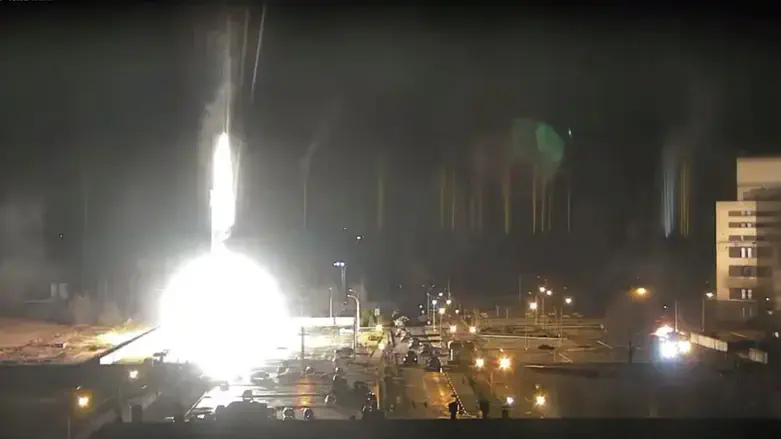
The head of the International Atomic Energy Agency (IAEA) on Sunday condemned a Ukrainian drone strike on one of six nuclear reactors at the Russian-controlled Zaporizhzhia Nuclear Power Plant in Ukraine, saying such attacks “significantly increase the risk of a major nuclear accident”, The Associated Press reported.
IAEA Director-General Rafael Grossi confirmed in a statement posted to social media that at least three direct hits against the ZNPP main reactor containment structures took place. “This cannot happen,” he said.
Grossi said it was the first such attack since November 2022, when he set out five basic principles to avoid a serious nuclear accident with radiological consequences.
Officials at the plant said the site was attacked Sunday by Ukrainian military drones, including a strike on the dome of the plant’s sixth power unit.
Plant authorities said there was no critical damage or casualties and radiation levels at the plant were normal after the strikes. Later on Sunday, however, Russian state-owned nuclear agency Rosatom said that three people were wounded in the “unprecedented series of drone attacks,” specifically when a drone hit an area close to the site’s canteen.
A spokesperson for Ukraine's military intelligence agency said Ukraine was not involved in the drone explosion at Zaporizhzhia.
"Ukraine is not involved in any armed provocations on the territory of the illegally occupied nuclear plant," the spokesperson Andrii Yusov said, according to the Kyiv Independent, adding that Russian false flag strikes were a frequent occurrence.
"The aggressor state once again endangers the nuclear facility," Yusov said. "Russian strikes, in particular false flag strikes, on the territory of the Ukrainian nuclear power plant, as well as the deployment of troops and weapons there and mining of ZNPP facilities, have long been a well-known and constant criminal practice."
The Zaporizhzhia complex has been occupied by Russian forces and operated by Ukrainian workers since the early days of the war.
Russia and Ukraine have long accused each other of shelling the nuclear installation, sparking fears of a nuclear accident.
The plant’s six reactors have been shut down for months, but it still needs power and qualified staff to operate crucial cooling systems and other safety features.

